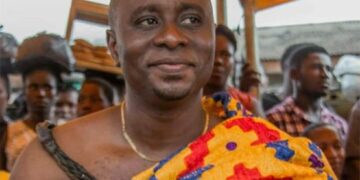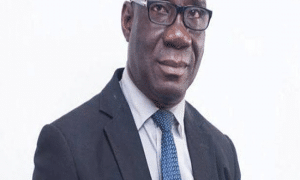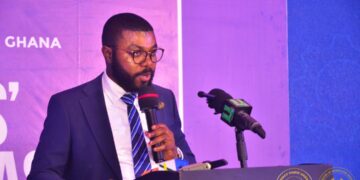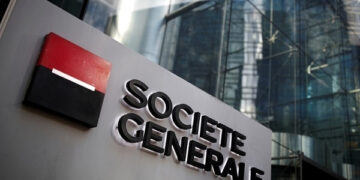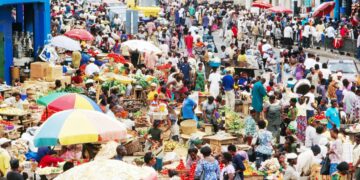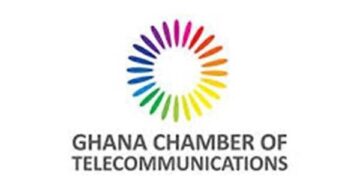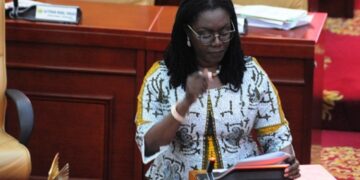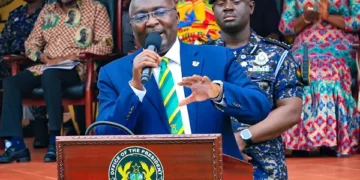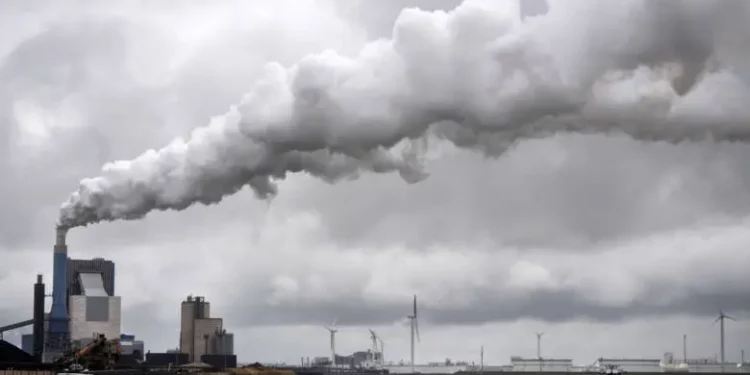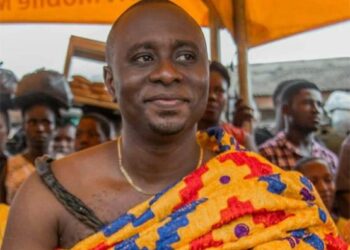Ghana has become the second African country, after Mozambique, to receive payments from a World Bank trust fund for reducing emissions from deforestation and forest degradation, also known as REDD+.
The Forest Carbon Partnership Facility (FCPF) of the World Bank paid Ghana approximately $4.86 million for reducing 972,456 tons of carbon emissions during the program’s first monitoring period (June to December 2019).
“This payment is the first of four under the country’s Emission Reductions Payment Agreement (ERPA) with the World Bank to demonstrate potential for leveraging results-based payments for carbon credits,” said Pierre Laporte, World Bank country director for Ghana, Liberia, and Sierra Leone.
“Subject to showing results from actions taken to reduce deforestation, Ghana is eligible to receive up to US$50 million for 10 million tons of CO2 emissions reduced by the end of 2024.”
These actions take place within a six-million-hectare stretch of West Africa’s Guinean Forest, where biodiversity and forests are threatened by cocoa farming, unsustainable harvesting, and small-scale mining. Ghana is one of 15 countries to have entered into ERPAs with the World Bank.
“The many years of dialogue, consultations, and negotiations with local communities, traditional authorities, government agencies, private sector, CSOs, and NGOs have paid off,” said Samuel Abu Jinapor, Minister for Lands and Natural Resources.
“This emission reductions payment will further promote confidence in Ghana’s REDD+ process for action to reduce deforestation and forest degradation while empowering local community livelihoods.
The path to global 1.5 degrees requires healthy standing forests, which Ghana is committed to achieving.”
Ghana is the world’s second-largest producer of cocoa. Cocoa drives the economy, but it is also one of the leading causes of deforestation and forest degradation in the country’s southeast and west.
Stakeholders are collaborating to assist approximately 140,000 Ghanaian farmers in increasing cocoa production through climate-smart agroforestry approaches rather than slash-and-burn land-clearing techniques that decimate forests.
More sustainable cocoa farming helps to avoid the expansion of cocoa farms into forest lands and provides communities with more predictable income streams.
Ghana’s Cocoa Board (COCOBOD), as well as some of the world’s most important cocoa and chocolate companies, including World Cocoa Foundation members Mondelez International, Olam, Touton, and others, are participating in the REDD+ process. Their combined efforts not only help to change the cocoa sector but also assist Ghana in meeting its national emissions reduction commitments under the Paris Agreement.
This level of cooperation is reflected in the benefit-sharing plan that underpins Ghana’s ERPA with the World Bank. The plan, which was developed after extensive consultations with local stakeholders and civil society organizations across the country, ensures that all participating stakeholders are fairly recognized and rewarded for their role in reducing emissions.
The Forest Carbon Partnership Facility (FCPF) is a global partnership of governments, businesses, civil society, and Indigenous peoples’ organizations dedicated to reducing emissions from deforestation and forest degradation, conserving forest carbon stocks, promoting sustainable forest management, and improving forest carbon stocks in developing countries, also known as REDD+.
Since its inception in 2008, the FCPF has collaborated with 47 developing countries in Africa, Asia, Latin America, and the Caribbean, as well as 17 donors who have made contributions and commitments totalling US$1.3 billion.


